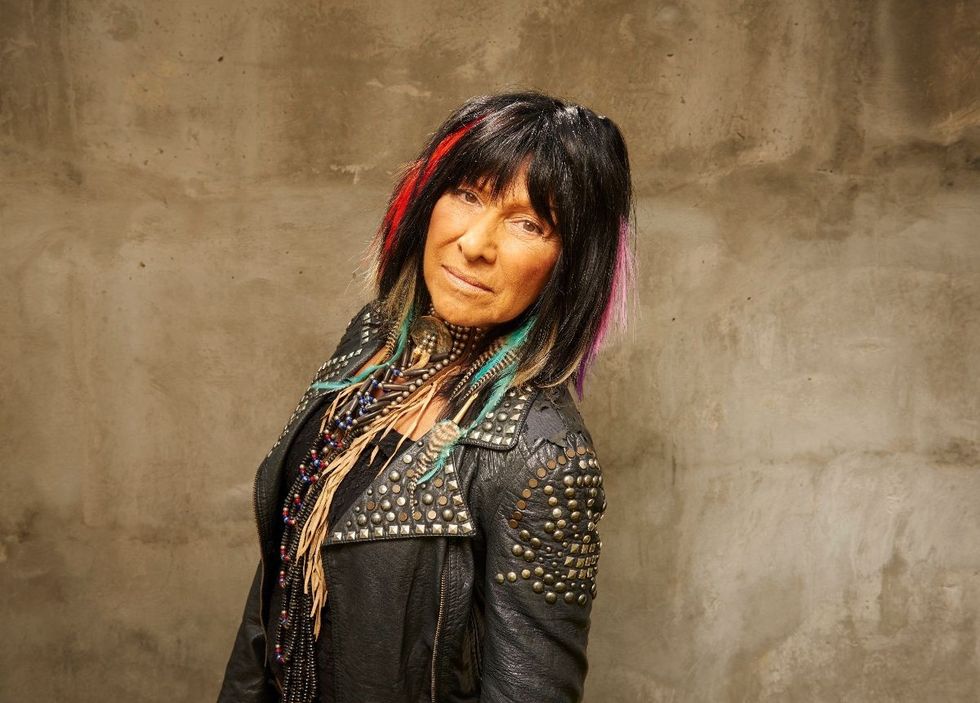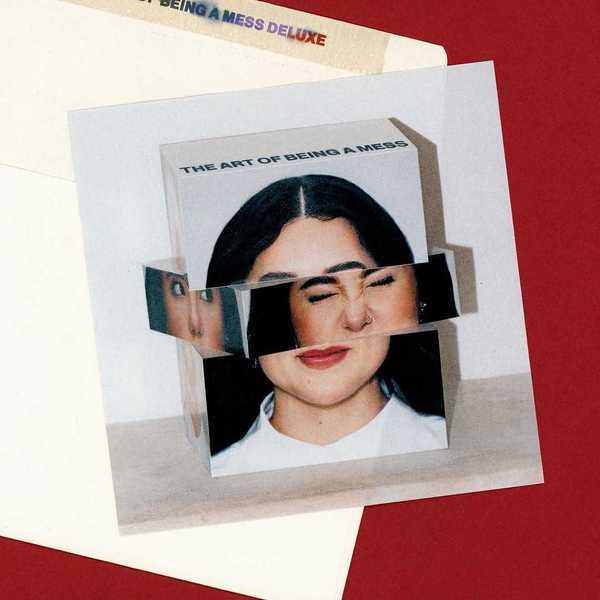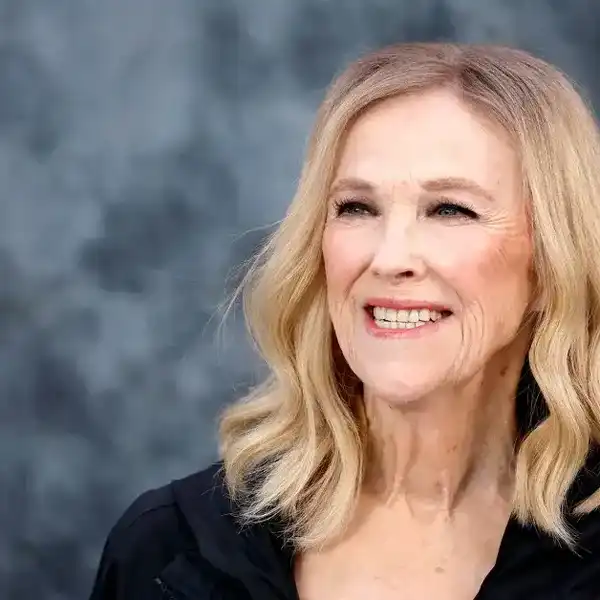Buffy Sainte-Marie Enters The Canadian Songwriters Hall of Fame
Buffy Sainte-Marie will be inducted into the Canadian Songwriters Hall of Fame at a ceremony on Monday, April 1, in Toronto. The presentation will be made at the SOCAN Awards that evening.

By FYI Staff
Buffy Sainte-Marie will be inducted into the Canadian Songwriters Hall of Fame at a ceremony on Monday, April 1, in Toronto. The presentation will be made at the SOCAN Awards that evening.
If the measure of a songwriter’s success is the accumulation of merits and awards, then Buffy Sainte-Marie’s Oscar, Golden Globe, half-dozen Junos, Officer of the Order of Canada, and countless other honours surely grant her a place among the elite. If success is judged by commercial hits, again, Sainte-Marie easily makes the grade, as the composer of “Until It’s Time for You to Go” and “Up Where We Belong,” along with her anti-war anthem, “Universal Soldier,” inducted into the Canadian Songwriters Hall of Fame in 2005.
However, Sainte-Marie and her songs have always been about so much more than global accolades and commercial success. As an advocate for societal, environmental, and Indigenous issues, she proves the power of songs such as “Now That the Buffalo’s Gone,” “Power In the Blood,” and “Generation” can raise awareness, influence attitudes, and change perceptions.
“I’m honoured to be recognized in the company of so many Canadian songwriters that have inspired me,” says Sainte-Marie. “As a songwriter, I never set out to be courageous or political; I just wanted to tell my stories as authentically as possible, and bring light to the truth.”
“Buffy Sainte-Marie brought a completely new sound to audiences with her use of electronic techniques, adapting the rhythms and melodies of her Indigenous heritage with rock,” says Vanessa Thomas, CSHF Executive Director. “She’s gifted with the ability to pen songs that pulsate with cultural resonance, and can pierce right to the heart of current issues, yet they endure, and transcend both boundaries and time. We’re thrilled to celebrate her induction into the Canadian Songwriters Hall of Fame.”
Born into a Cree family on the Piapot First Nation in Saskatchewan in 1941, Beverly Sainte-Marie was raised by relatives in the Eastern USA. She began playing the piano while very young, and took up the guitar in her teens, influenced by American blues artists and Elvis Presley, Chuck Berry, and Little Richard.
After graduating from the University of Massachusetts, where she studied education and world religion, 1962 saw Sainte-Marie on the folk-music circuit in New York City and Toronto coffeehouses. She released her first album, It’s My Way!, in 1964, and when Scottish folk singer Donovan had an international hit with his recording of “Universal Soldier,” she became a star.
She performed at the Mariposa and Newport Folk Festivals, and was named Best New Artist by Billboard in 1964. By 1968, Sainte-Marie was showcasing her songs at Carnegie Hall, and garnering praise from the likes of Steppenwolf’s John Kay, who described his reaction to Sainte-Marie’s music as, “just knocked me out…Buffy was this whirlwind of intensity.”
Fearless, even when blacklisted and facing censorship in the United States, Sainte-Marie continued writing hits. The touching ballad, “Until It’s Time For You To Go,” from her second album, Many a Mile, became a Top 10 hit for Elvis Presley, and was eagerly recorded by dozens of top artists, including Neil Diamond, Glen Campbell, Roberta Flack, Grover Washington Jr., Cleo Laine, Margaret Whiting, Al Martino, Johnny Mathis, Maureen McGovern, Roger Williams, Andy Williams, Vera Lynn, Chet Atkins, Cher, the Boston Pops, and Canadians like Paul Anka, Juliette, and Robert Goulet.
The early 1970s also brought Sainte-Marie success with “Soldier Blue,” “I’m Gonna Be a Country Girl Again,” and “He’s an Indian Cowboy in the Rodeo.”
A decade later, Sainte-Marie continued to craft hit songs with “Up Where We Belong,” the theme song co-written with her then-husband Jack Nitzsche and Will Jennings for the box-office hit film An Officer and a Gentleman. A No. 1 hit in 1982 for Joe Cocker and Jennifer Warnes, the song swept awards season at the Academy, Golden Globe, Grammy and BAFTAs, and has since been recorded by an impressive 60 acts, including Anne Murray and Céline Dion.
For her leadership and her impressive body of work over 20 acclaimed albums, and a career spanning more than five decades, Sainte-Marie has been awarded the Governor-General’s Performing Arts Award, the Polaris Music Prize, and membership in the Canadian Music Hall of Fame.
Sainte-Marie’s songs have been recorded by acts as varied as Barbra Streisand, Willie Nelson, Janis Joplin, Courtney Love, and Indigo Girls.

















